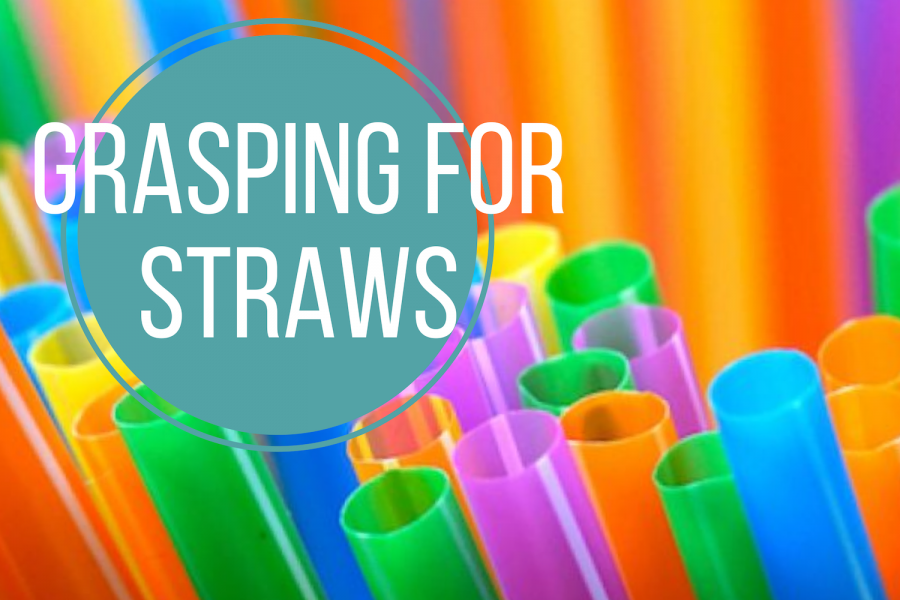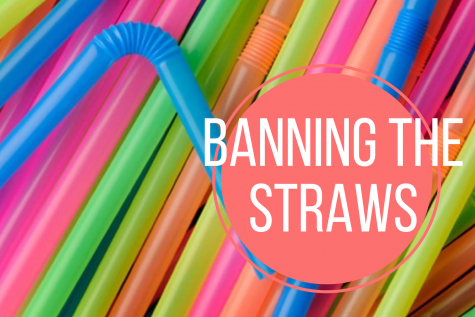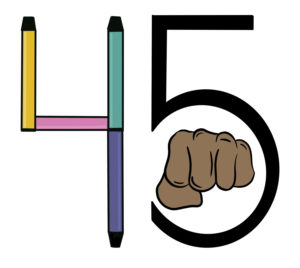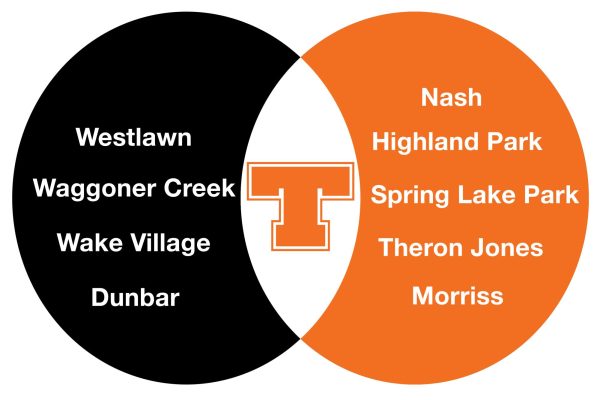Straw ban does more harm than good, will not impact marine pollution
October 10, 2018
Ever since Seattle was the first major American city to prohibit this item in July, a firestorm of debate has erupted all over the country. The item?
Plastic straws.
Seattle is part of a growing list of major cities, including San Francisco, that have begun efforts to prohibit the use of plastic straws citing a survey conducted by a nine-year-old showing that Americans use 500 million straws per day. Need I mention again that despite being widely touted by the mainstream media, the survey was conducted by a nine-year-old who based his findings by calling three straw companies and is regarded as highly inaccurate. The real number is closer to 175 million a day, which is still a lot, but it pales in comparison to plastic bags, plastic water bottles and other forms of plastic waste.
Nevertheless, the #stopsucking movement has engulfed many major American cities and companies including Starbucks who pledged to move away from plastic straws and use sippy-cup lids instead worldwide by 2020. Other companies have stepped in as well including Marriott International, Hyatt Hotels Corp., Hilton Hotels and American Airlines.
Specifically for Starbucks, the ban on plastic straws is counterintuitive since using new lids may create even more pollution. The lids are made of polypropylene, or #5 plastic, and the U.S. used to send the plastic to China to recycle. However, due to geopolitical and economic tensions with China, China no longer wants American #5 plastic recycled, leaving tons of plastic items idle on ships in the West Coast harbors and warehouses. And it is not only American plastic that is being denied, but China is rejecting the plastic of many industrialized nations, leaving them to turn to other nations or their own domestic recycling facilities.
Don’t get me wrong; I am pro-environment. It is absolutely vital to protect the Earth that we will cherish and pass down to our descendants. The YouTube video of a sea turtle with a straw lodged in its nose was horrific. The Stop Sucking Movement may have good intentions, but will banning plastic straws really help?
Statistics say no, and Bloomberg points out that plastic straws account for 0.03 percent of the eight million metric tons of plastics estimated to enter the oceans annually. Moreover, America’s plastic at its worst contributes only 1.4 percent to global marine plastic pollution. Five countries alone are responsible for 60 percent of all plastic waste dumped in the ocean: China, Indonesia, the Philippines, Thailand and Vietnam. Additionally, 90 percent of all plastics that enter the ocean come from 10 rivers eight of which are located in Asia and the other two in Africa.
Supporters of the Stop Sucking movement claim that there are alternatives to plastic straws such as those made out of paper or those easily biodegradable, or even stainless steel, glass or silicone straws. However, disability activists have been adamant about how these alternatives would harm those with disabilities who may not have the capability to adjust to weak, inflexible or even hazardous multi-use straws since metal conducts heat and cold.
Additionally, paper straws cause more air pollution to make and their dissolvability causes the user to use more of them which could create more litter. Many products considered biodegradable are not compostable which shows the convolutedness of replacing plastic straws with these alternatives. These types of straws are much more expensive to make which would place an unnecessary economic burden on companies in exchange for little to no noticeable change in the environment.
Plastic straws may be harmful, but overall they have very little impact on the environment. The Stop Sucking campaign wants to do the best for the environment, but banning plastic straws would do more harm than good. Plastic bottles and sacks, however, may be a better target for the campaign against plastic pollution and ocean conservationists. But sending Californian plastic straw distributors to prison for six months is simply ludicrous.






















Candy Christina • Oct 28, 2018 at 5:18 am
So i bought this lovely reusable straws personal 9 pcs set stainless steel straws to get prepared. https://amzn.to/2OVLDy6